AARP Hearing Center


Twenty-nine
Zoe
SHE ANSWERED THE DOOR, expecting someone collecting for charity or leafleting for a good cause, and discovered a boy, no collecting tin, no pamphlets, only a small backpack. He was smiling as if he already knew her; perhaps a friend of Matthew’s? But as he started to speak, she heard the click of nails on the hall floor. Lily dashed past, a flash of black, and then she was pressing her head against the boy’s leg and he had dropped his backpack and was kneeling, heedless of the damp ground, reaching for her, saying her name, burying his face in her neck. Gordon had come at last.
In the delight of their reunion Zoe forgot for several minutes about the cold night air. Then a car drove by, and she became aware that she was standing in the doorway, wasting the central heating, as her parents would say. “Come in,” she said. “Duncan will want to see you.” She headed for the stairs, trusting that one of them had heard her.
In his room Duncan was standing beside the bed, holding a sheet of wrapping paper. When she described the stranger and how Lily had run to greet him, his lips parted in dismay.
“He’s not meant to come until Christmas! What if he wants to take her away?”
Zoe considered the awful possibility—their home, Lily-less—but something about the way Gordon had greeted Lily made her certain this was just a visit. She said as much, but Duncan only looked more upset.
“It’s so strange,” he said. “I was just wrapping Lily’s painting, to have it ready for him.”
“That is strange,” she agreed.
Downstairs Gordon and Lily were in the kitchen, sitting on the floor beside Lily’s basket. At the sight of Zoe, Gordon jumped to his feet. As he introduced himself and apologized for showing up without warning, she saw why Duncan had said he had an interesting face.
“I’m Duncan’s sister, Zoe. Would you like some tea, or something?”
He asked if they had Nescafé, and she found the jar of hardened crystals and filled the kettle. “How’s London?” she said. “Duncan’s coming.”
“London is fantastic. I got a part.” Smiling widely, he described how he was an understudy in a play; the day before one of the actors had sprained his ankle. “Now I get to be in three scenes. That’s why I’m here. I don’t have enough time off at Christmas.”
In her relief she congratulated him exuberantly and asked about the play. It was set in a comprehensive school in Bradford. “I kept going to auditions, and directors said I looked too young, or too nice. Most of the parts—”
“Have you come to take Lily away?” Duncan was standing in the doorway.
Gordon’s smile vanished as he grasped the depths of her brother’s fear. “No,” he said. “She lives with you. I can tell you take really good care of her. Look how shiny her coat is. I’m just a friend who sometimes visits. Do you have a piece of paper?”
Duncan fetched the notepad that lay by the phone. Gordon sat down at the table, turned to a clean page, and, watched by Zoe, Duncan, and Lily, wrote several lines. He studied what he’d written, signed and dated it, carefully tore out the page, and handed it to Duncan. “Didn’t you say your mum’s a solicitor? Get her to keep this somewhere safe, in case I have an attack of amnesia.”
Without reading it, Duncan folded the paper into his pocket. “I have a present for you.” He set the parcel on the table. “I was wrapping it when you rang the doorbell.”
Gordon did not remark upon the coincidence. Perhaps he was used to these kinds of things happening around Lily. He reached for the parcel and slowly, prolonging the pleasure, began to peel back the tape. When the picture came into view, he gazed at it in silence. Then his face broke into a brilliant smile. “This is the best present I’ve ever had.” He jumped up, hugged Duncan, and bent down to show Lily the painting.
“Look, it’s you. Aren’t you gorgeous?”
Once or twice Zoe had seen Lily pause in front of the dark television screen, her head raised to study her reflection. Mirrors, mostly, she ignored. Now she wrinkled her nose, either at the smell of paint or at the image of herself, and took a step back. As for Gordon, Zoe could see how he would be onstage. She felt his delight as if it were her own. They were still debating Lily’s response—Gordon claimed she loved it; Duncan said no, she was his harshest critic—when their father arrived home, and invited Gordon to stay for supper. Gordon asked if he might call his parents. As she laid the table, Zoe overheard him talking in the hall, his voice utterly different: flat and cold. She remembered Duncan saying the parents were horrible.
At dinner Gordon told stories about auditions and asked questions about Duncan’s painting, the forge, her mother’s ancient Greek. Her father described this year’s Salon.
“Who would you come as?” said Duncan.


























































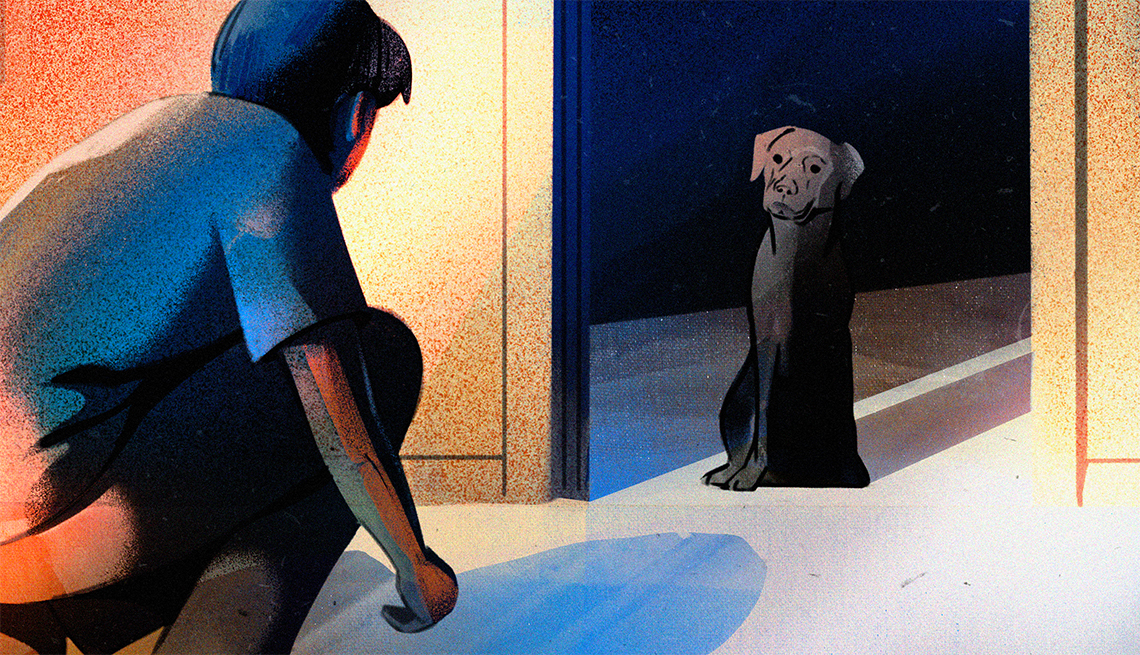

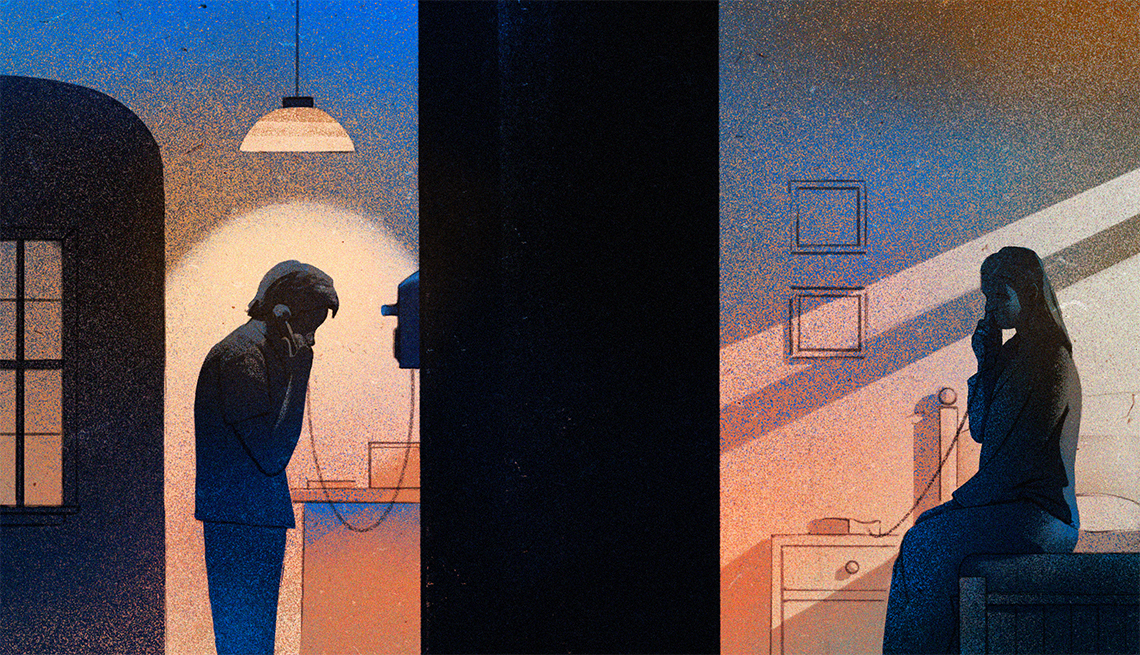




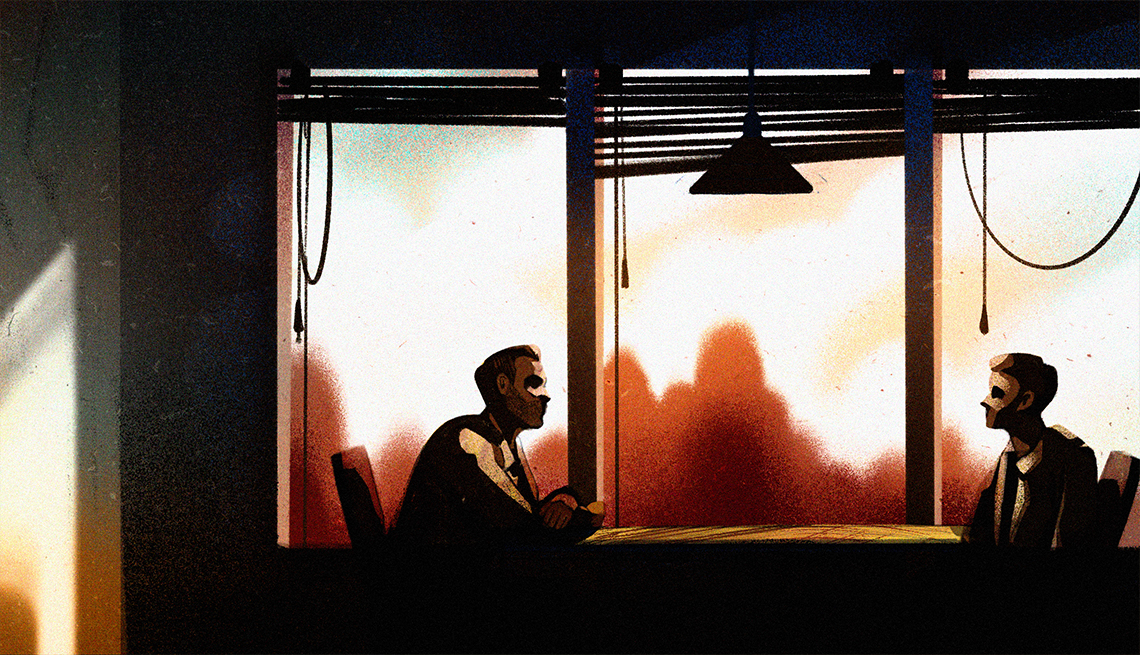
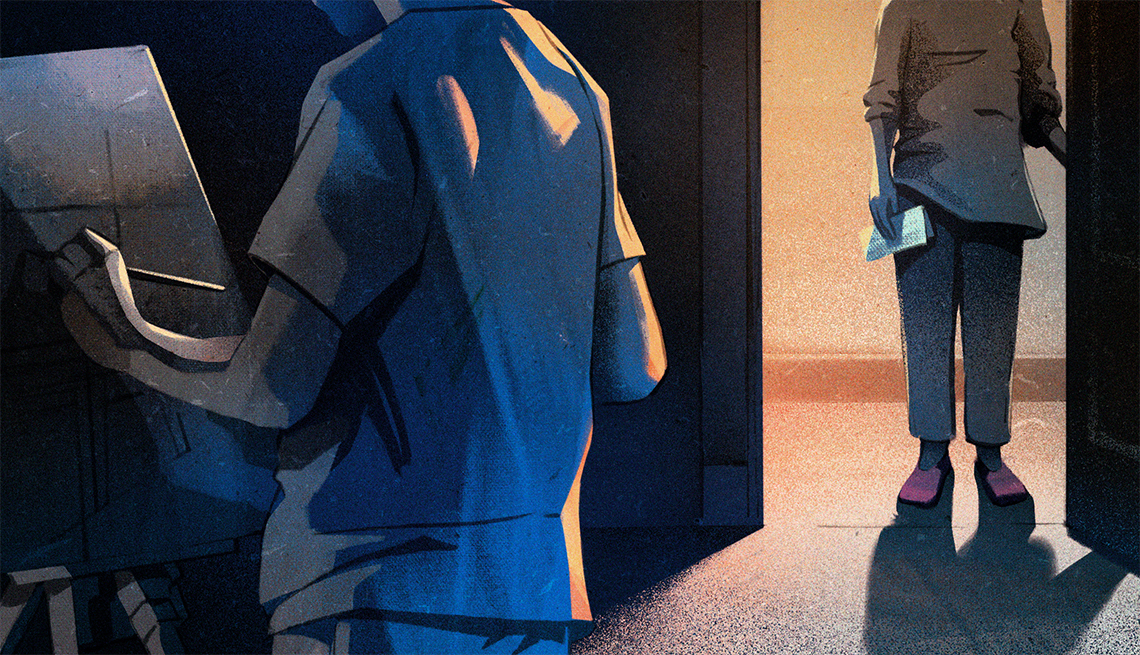
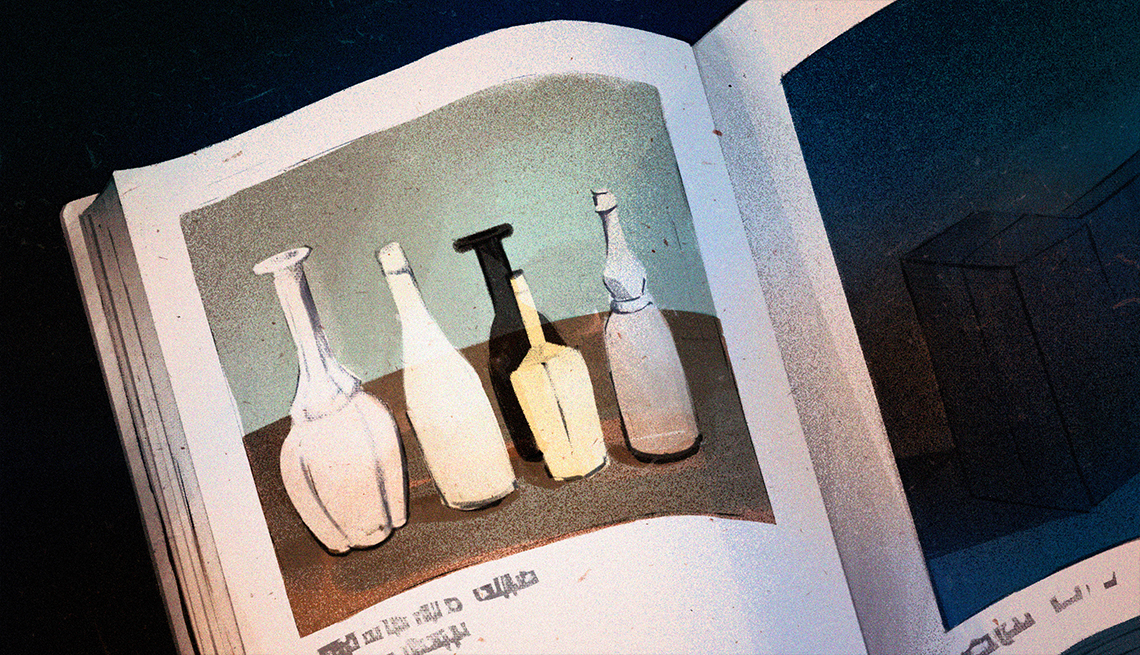
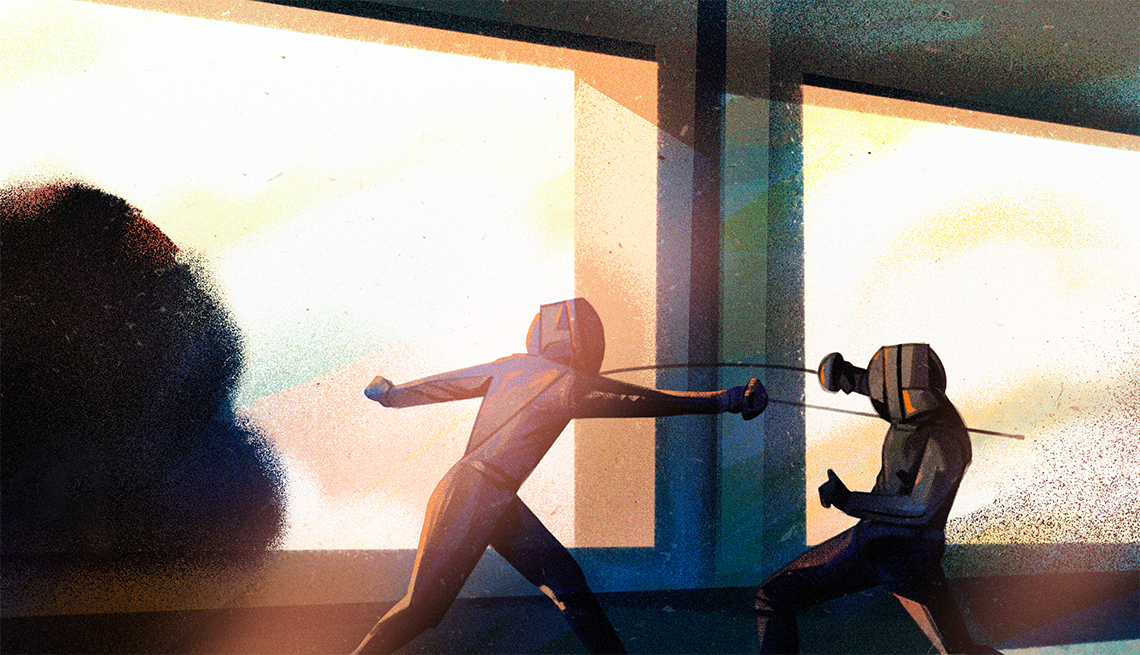
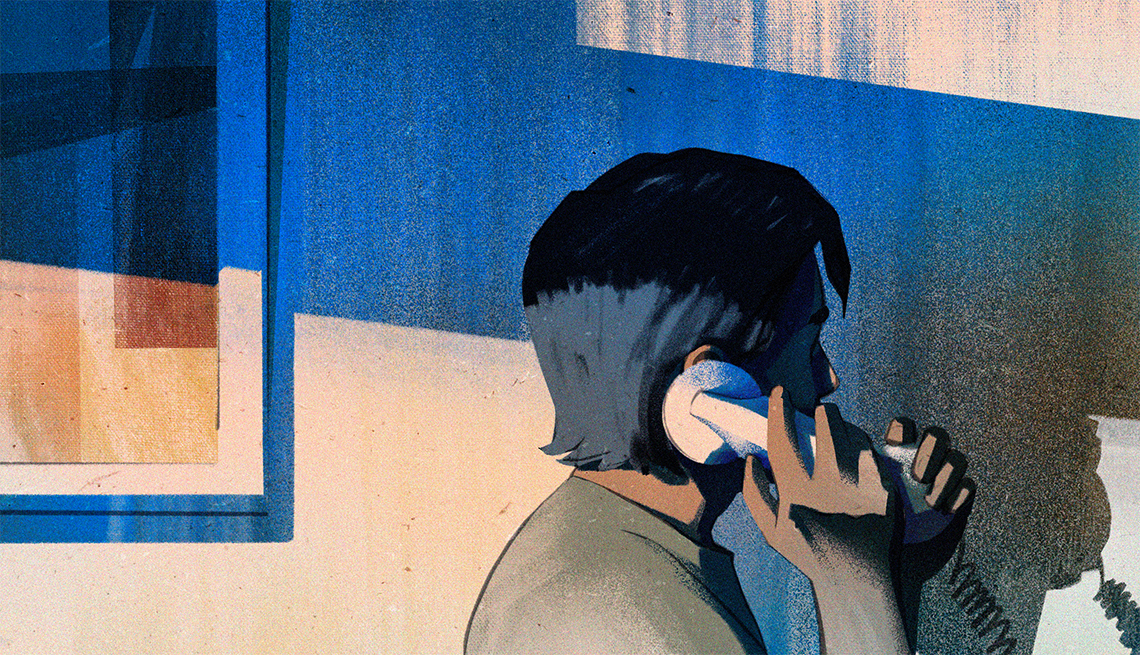
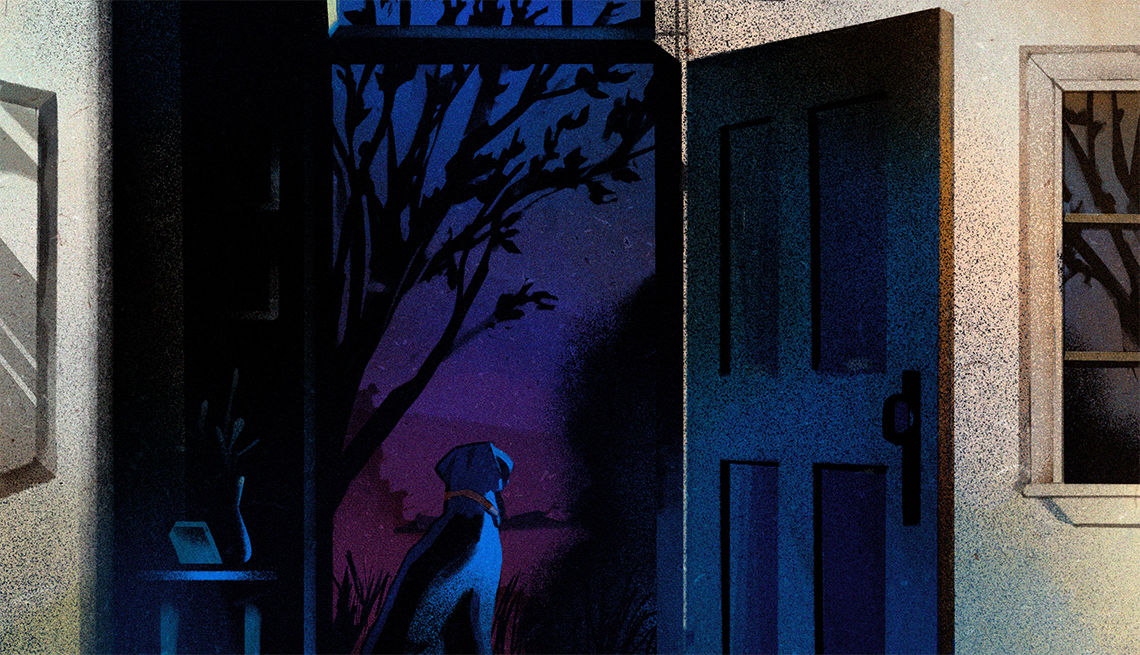

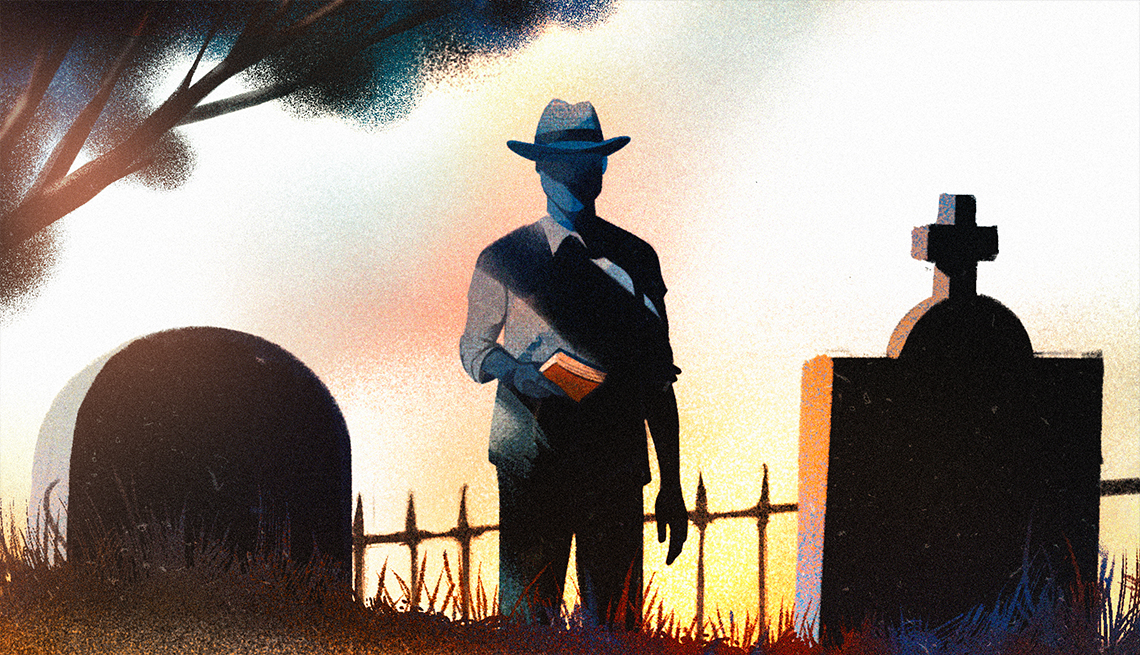

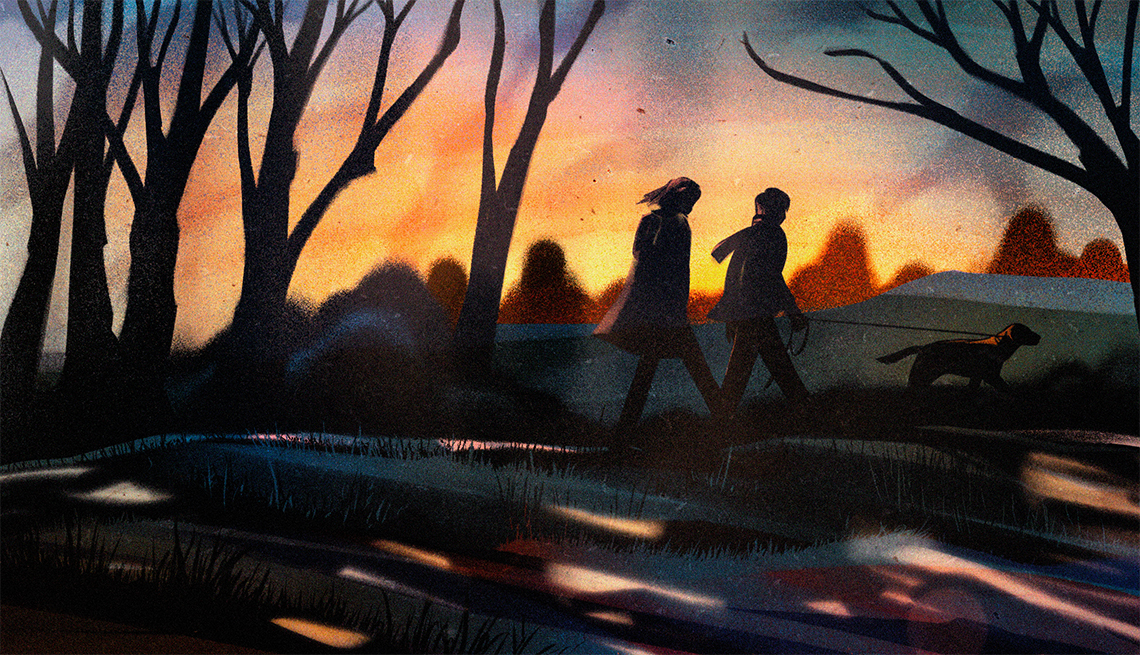
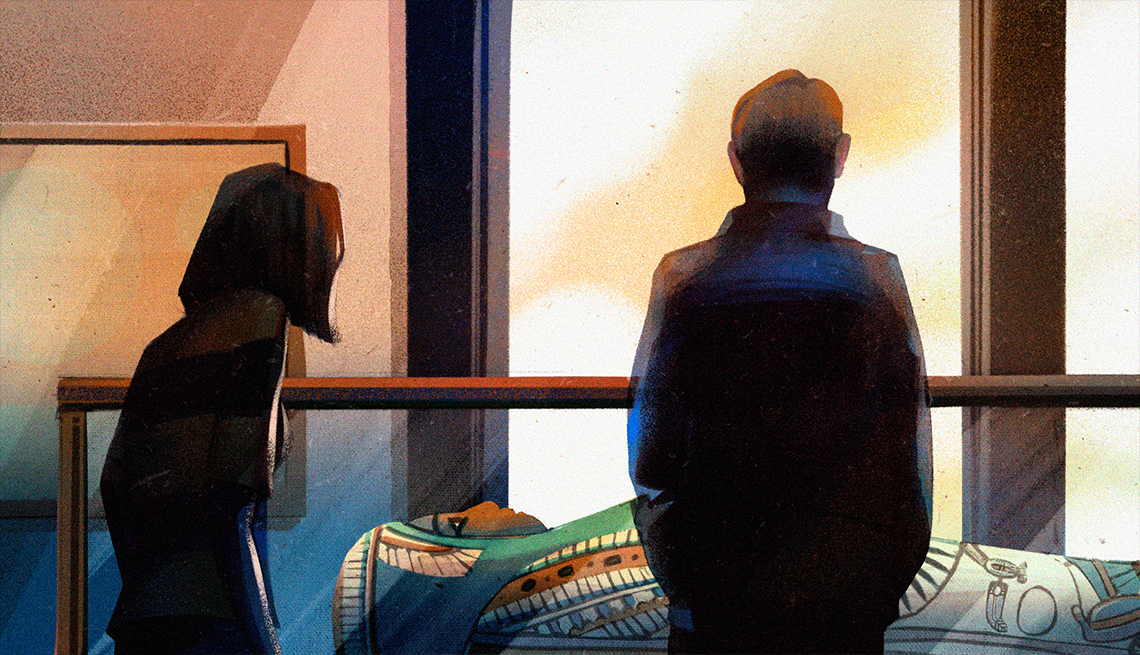
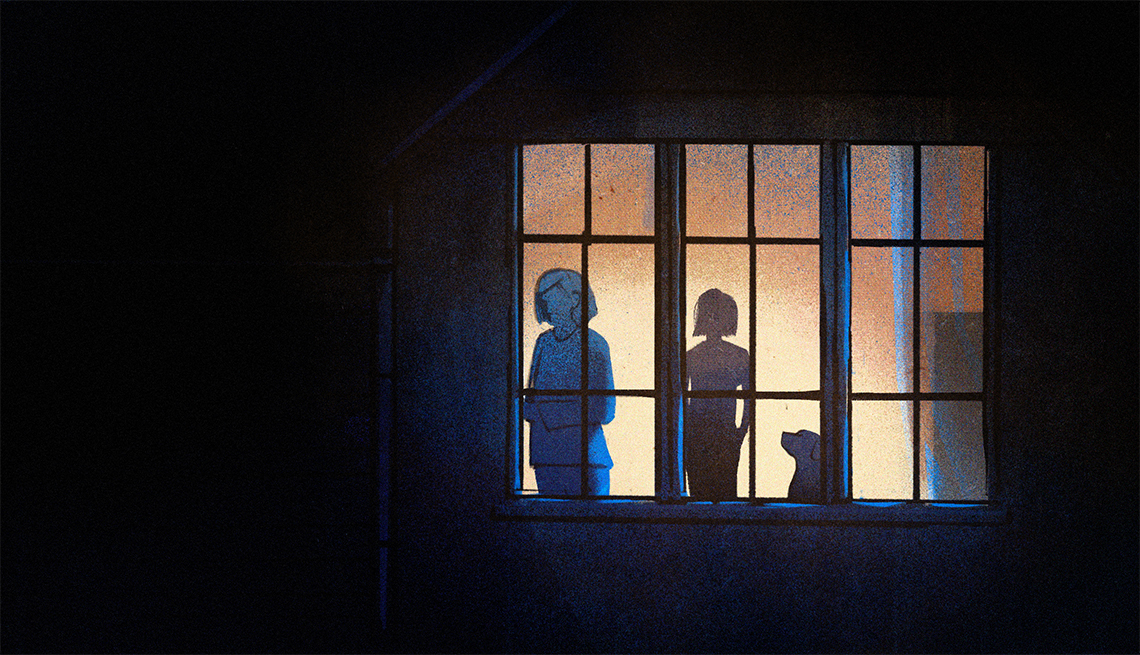
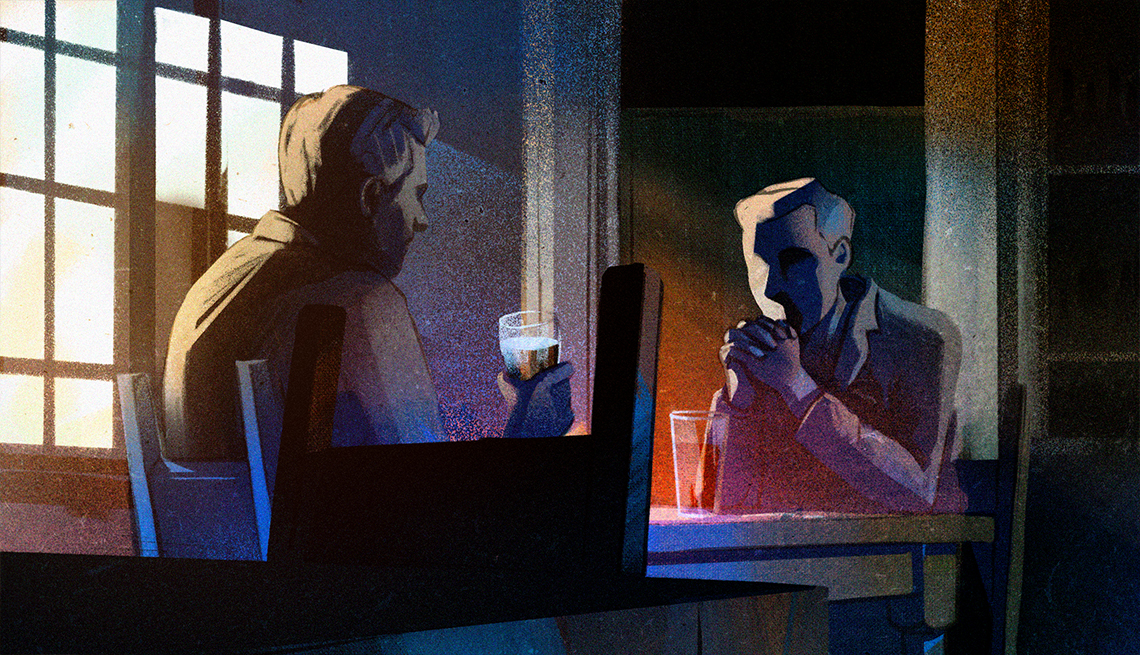



More From AARP
Free Books Online for Your Reading Pleasure
Gripping mysteries and other novels by popular authors available in their entirety for AARP members